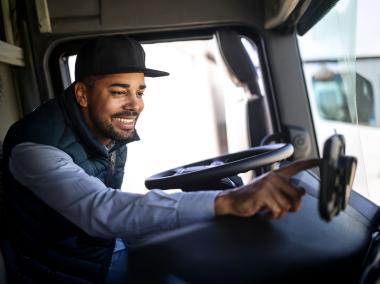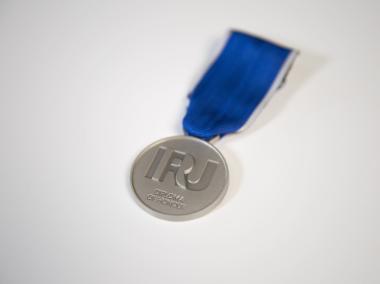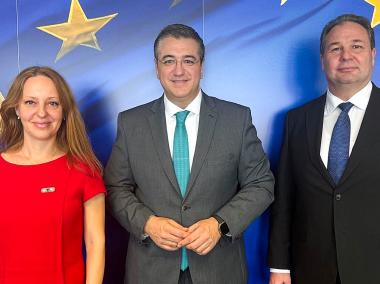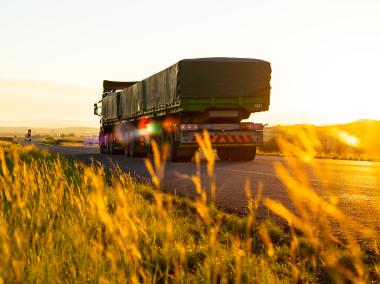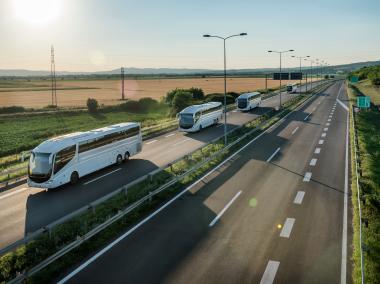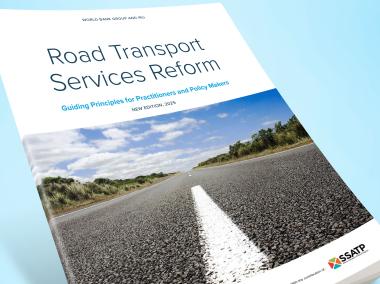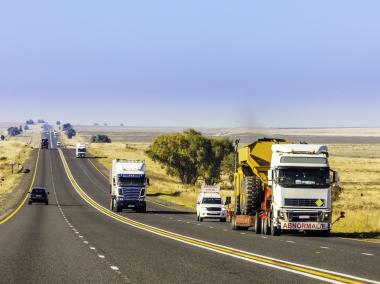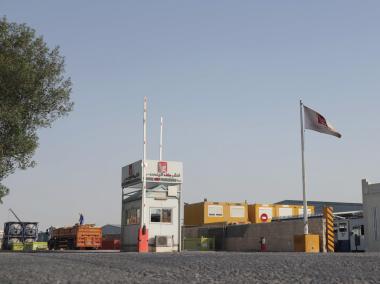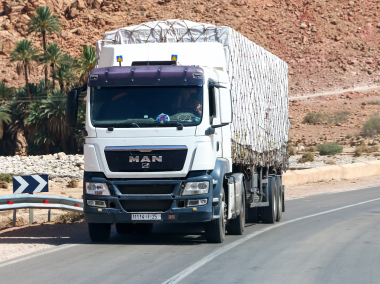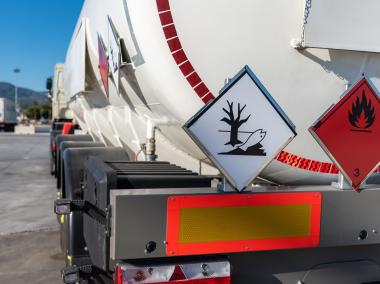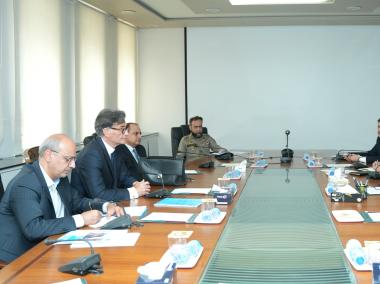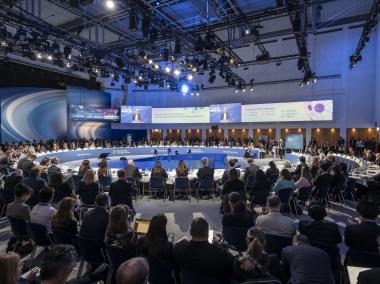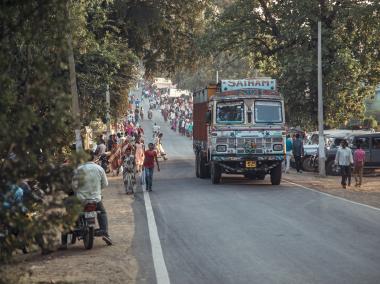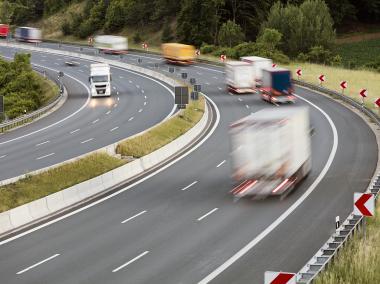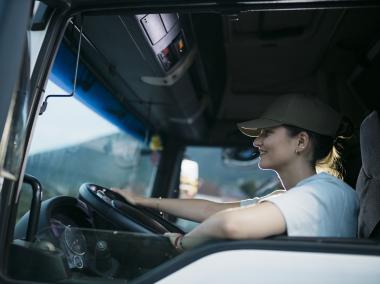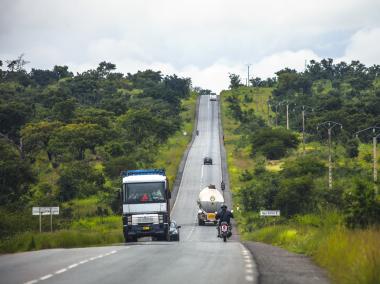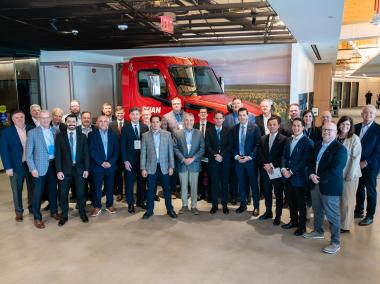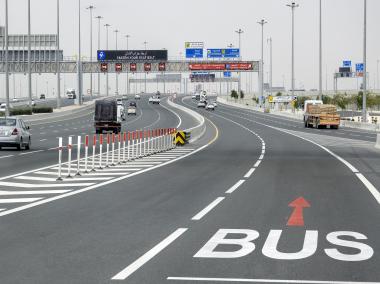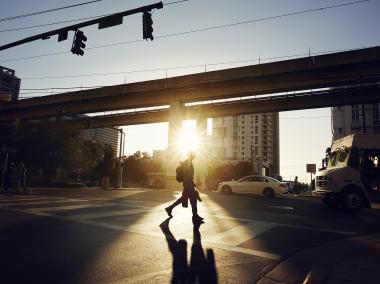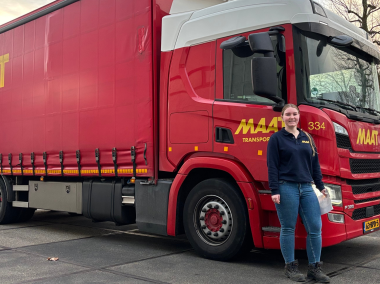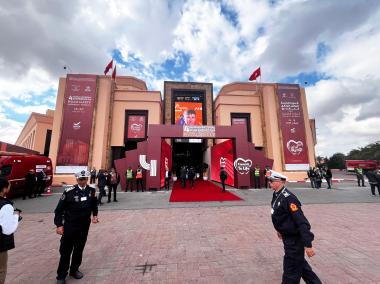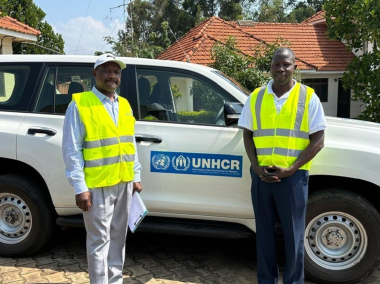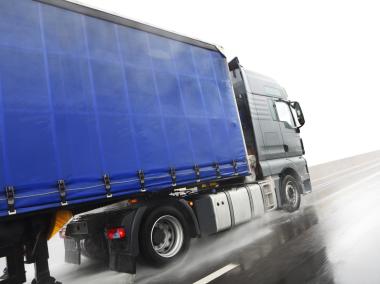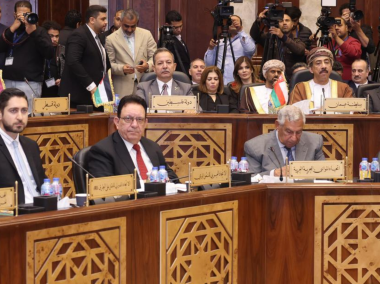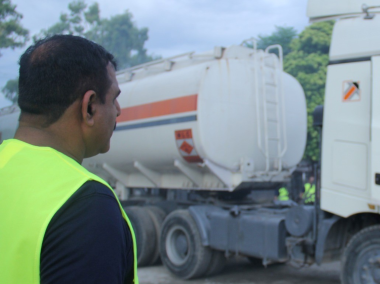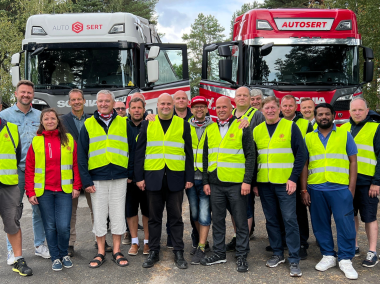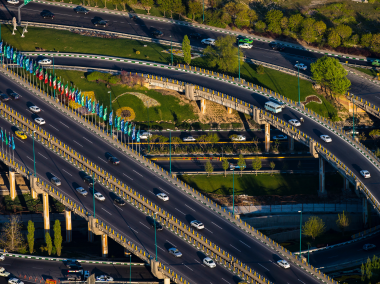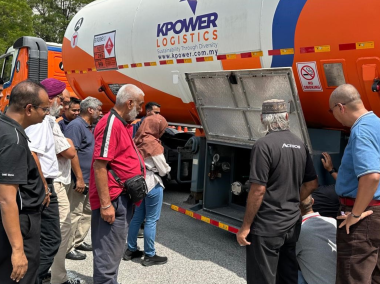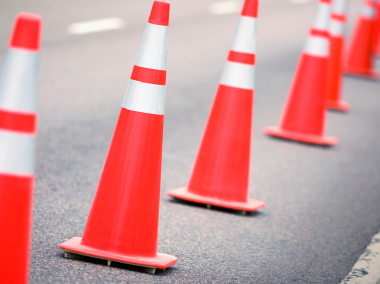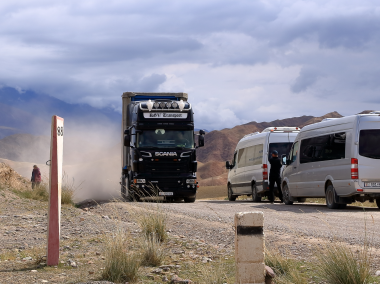
Newsroom
Road safety
EU | Brussels
IRU and EU hold constructive exchange on road transport priorities
IRU and EU Transport Commissioner Apostolos Tzitzikostas today discussed how upcoming transport measures align with day-to-day operational realities across the sector.
9 Dec 2025 · Environment, People, Prosperity
EU | Brussels
Safety on the road moves ahead as EU ministers reach deal
IRU welcomes the Council’s balanced general approach on the roadworthiness package. It aims to align inspections with technological developments, improve road safety, and promote cross-border cooperation and digitalisation in road inspections. However, important improvements are still necessary.
5 Dec 2025 · People
Africa | Nairobi
Driving road safety in Africa: What can governments do?
Road safety is a huge challenge in Sub-Saharan Africa, for private road users and the commercial road transport sector alike. How can government reforms and actions help? We asked an expert from the region.
19 Nov 2025 · People, Prosperity
EU | Brussels
IRU leads policy discourse at Busworld 2025
The world’s biggest business-to-business exhibition dedicated exclusively to bus and coach returns to Brussels and IRU is at the heart of it. As a partner of the Busworld Europe Congress 2025, IRU will lead key panel discussions.
3 Oct 2025 · Environment, People
Global | Geneva
World Bank and IRU launch new road transport sector reform guide
Improving laws, governance, compliance, skills certification and operating conditions to drive safer, cleaner and more efficient commercial road transport is the aim of a new sector reform guide from the World Bank and IRU.
25 Sep 2025 · Prosperity
Togo | Lome
Road transport reform in Africa: Efficiency and sustainability for all
IRU was back in Togo recently at a major international seminar on transport and research in Sub-Saharan Africa presenting, with the World Bank, how countries can reform their road transport sector to transform mobility and trade.
18 Sep 2025 · Environment, People, Prosperity
India | Ajmer
Raising the bar in India: Defensive driving and dangerous goods transport
The transport of dangerous goods demands knowledge, skills and vigilance. From hands-on firefighting drills to mastering ADR regulations, India’s drivers are gaining the expertise required to transport dangerous goods safely and efficiently, along with defensive driving skills.
7 Jul 2025 · People
Global | Leipzig
Driving resilient, green and competitive road transport: IRU at ITF 2025
IRU was at the heart of last week’s International Transport Forum (ITF) summit in Leipzig, championing pragmatic solutions to make road transport not only greener, but also more resilient and competitive in the face of global challenges.
28 May 2025 · Environment, People, Prosperity
EU | Brussels
IRU welcomes European Commission Roadworthiness Package proposal
The European Commission’s proposal for the revision of the Roadworthiness Package is a timely and necessary step to modernise outdated EU rules. It strikes a positive balance between enhancing road safety and embracing digital solutions, while avoiding unnecessary burdens for commercial road transport operators.
25 Apr 2025 · Environment
EU | Brussels
Provisional EU Driving Licence deal supports skills and talent attraction
IRU welcomes the provisional agreement reached following trilogue negotiations between EU institutions on the revision of the EU Driving Licence Directive. The outcome reflects long-standing priorities of the road transport sector and supports efforts to ensure road safety and alleviate the growing shortage of professional drivers.
25 Mar 2025 · People
United States of America | Washington DC
Tariffs, trade and border security top IRU North American dialogue agenda
CEOs and senior figures from 30 trucking companies in Canada, Mexico and the US were in Washington D.C. to exchange on cross-border challenges at IRU’s first North American Transportation Forum Leadership Dialogue.
20 Mar 2025 · Prosperity
Global | Geneva
Driving action towards safer roads
IRU and the Federation Internationale de l'Automobile (FIA) are partnering on road safety. In this joint article, Vincent Erard and Willem Groenewald outline the solutions provided by the two organisations for companies in the sector.
11 Mar 2025 · People
EU | Brussels
Steering her future: 19-year-old Charlene breaking trucking barriers
At 19, Charlene Kerkhof is proving that young professionals are ready to drive the future of road transport. Growing up in the Netherlands with a trucking family, she turned her passion into a career. Now, she’s mastering the road while calling for better opportunities to help more young drivers succeed.
3 Mar 2025 · People
Uganda | Mbarara
Safer refugee operations: IRU trains UNHCR on defensive driving
United Nations High Commissioner for Refugees (UNHCR) trainers are now equipped to pass on vital defensive driving knowledge and skills to their drivers and subcontractors in Uganda and Tanzania, enhancing the safety of humanitarian missions.
8 Jan 2025 · People
Global | Geneva
Harmonisation, innovation and transparency: IRU Academy ATI meeting 2024
At their annual meeting, IRU Academy Associate Training Institutes (ATIs) from around the world explored the critical role of harmonisation, innovation and transparency in fostering a skilled professional road transport workforce.
28 Nov 2024 · People
Egypt | Alexandria
Arab states adopt IRU proposal for transport of dangerous goods by road
The transport of dangerous goods presents significant risks if not managed properly. The League of Arab States has now approved a joint proposition, made by IRU, to harmonise procedures across the Arab region.
27 Nov 2024 · Prosperity
Iran (Islamic republic of) | Tehran
Champion trainers: Empowering Iranian road transport managers
The new champion trainers will train over 200 Iranian instructors based on internationally recognised standards.
11 Sep 2024 · People
Global | Geneva
IRU publishes 2023 annual report
IRU, the world road transport organisation, has published its annual report for 2023, looking at the organisation’s progress and achievements in shaping safe, efficient and sustainable road transport during its 75th anniversary year.
